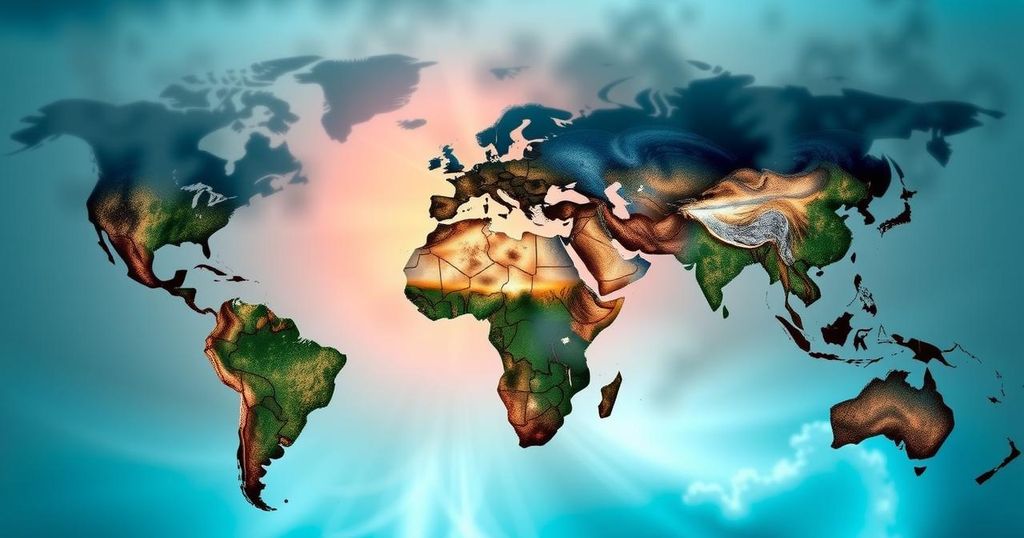The 2019 Global Peace Index reveals a slight improvement in global peace levels; however, the overall situation is still concerning. Persistent issues such as socio-economic challenges and political unrest threaten long-term peace, emphasizing the need for immediate action from global leaders.
Despite a slight improvement in the global peace landscape, as indicated by the 2019 Global Peace Index (GPI), the situation remains precarious. The report underscores that the advancement in global peace is minimal and offers little cause for optimism. Key factors such as sociopolitical unrest and economic instability are still prevalent and could undermine peace efforts, hinting at an urgent need for global leaders to address these challenges proactively. The GPI finding serves as a reminder that attention to these global undercurrents is essential for sustaining true peace in the world.
The Global Peace Index is an annual report that assesses the level of peace in countries around the world, evaluating factors such as political stability, militarization, and the effectiveness of governance. The 2019 GPI indicates a slight improvement in global peace metrics, yet it emphasizes that challenges persist. Climate change, socio-economic disparities, and geopolitical tensions are increasingly recognized as factors that threaten peace on a global scale, necessitating urgent action to mitigate potential conflicts.
In conclusion, while the report suggests a marginal improvement in global peace, the overarching message is one of caution. The factors contributing to instability highlight the essential need for global cooperation and proactive measures to address the myriad threats to peace, particularly those amplified by climate change. The issues highlighted by the GPI serve as a vital call to action for nations to prioritize peacebuilding initiatives and address environmental concerns that could exacerbate existing tensions.
Original Source: www.euractiv.com






